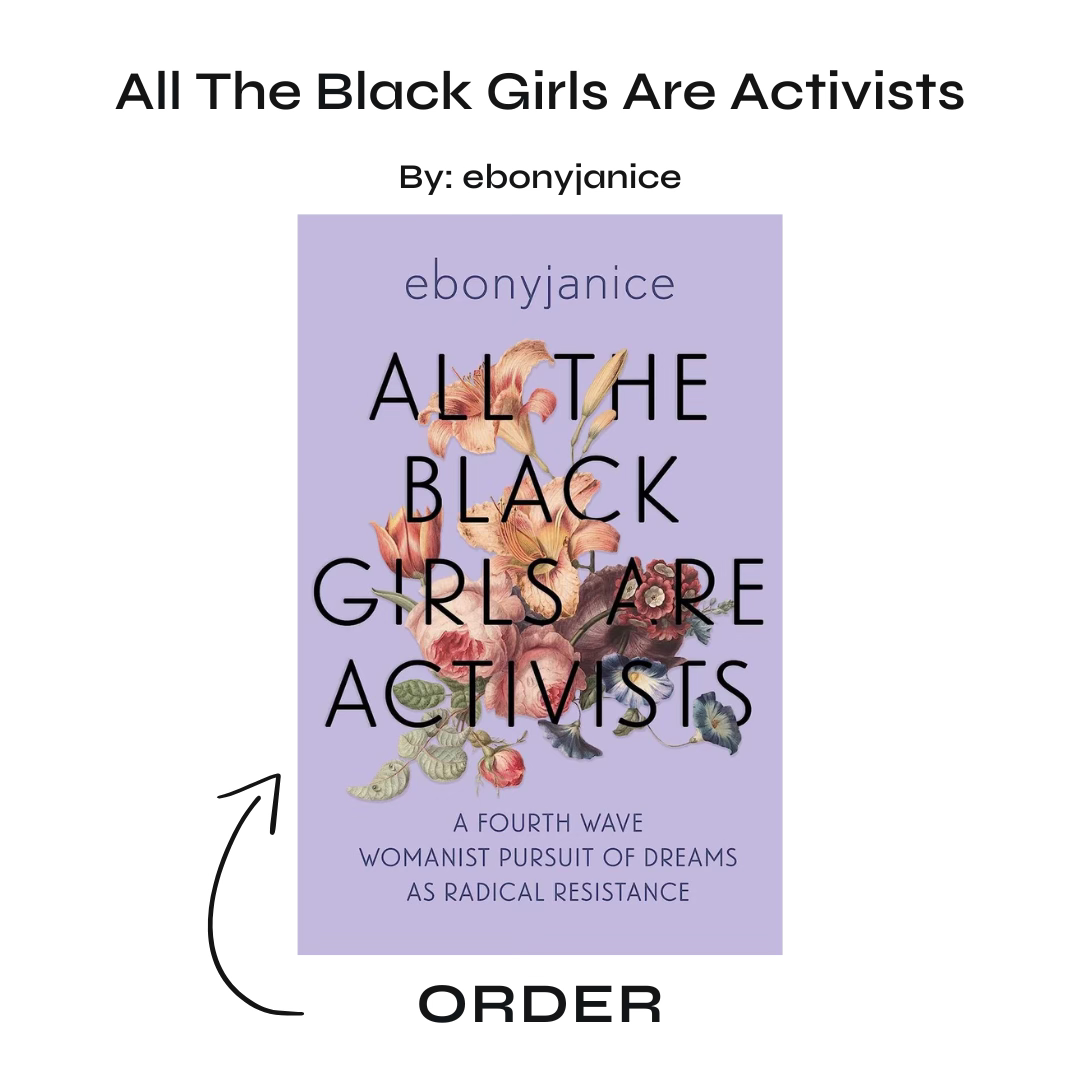I Identify as a Woman King.
How The Film Helped Me Embrace My Sovereignty.
Have you ever watched a movie and suddenly felt like your ancestors were right there with you? That was me with The Woman King. Seeing Black women portrayed as fierce warriors, strategists, and spiritual guides—it was like a mirror reflecting stories I’d carried in my bones. In those scenes, I recognized the blend of fierce protection and nurturing care that runs in my lineage. It wasn’t just entertainment; it felt like permission to name the fullness of my own power. I saw myself and those who came before me stepping into roles we were born to hold.
When I first named myself a woman king, it felt like the homecoming of a story whispered through generations. I saw in my ancestors’ resilience a blend of nurturing care and fierce protection—qualities often coded “feminine” or “masculine” separately, yet together they form true sovereignty. Claiming the title “king” wasn’t about rejecting femininity; it was about refusing to let language limit the scope of my authority and vision. It was an act of honoring those who came before me: the women who led in their own ways, who guarded community well-being, who held space for healing even under pressure.
Defining “Woman King” in Modern Life
To me, a woman king is someone who:
Leads with full authority. You don’t settle for being “supportive” when your gifts call for strategic decision-making. You claim the right to set direction, make bold choices, and hold accountability.
Balances compassion and courage. You nurture your community’s growth while also challenging systems that harm it. You say “yes” to care and “no” to anything diminishing dignity.
Honors ancestral wisdom. Your leadership is rooted in a lineage of resilience. You draw from stories, practices, and teachings passed down, adapting them to serve today’s needs.
Transforms language. By using “king,” you shift perceptions: leadership isn’t gendered. You invite others to see that authority, vision, and stewardship belong to anyone who claims it.
Practices for Embodying Your Sovereignty
If “Woman King” resonates for you, consider:
Journaling & Affirmation: Reflect on what full authority means in your life. Write affirmations like, “I lead with ancestral wisdom and fierce compassion.”
Rituals or Centering Moments: Whether lighting a candle, offering a libation to ancestors, or simply pausing each morning to situate yourself in purpose, create practices that ground your authority.
Language Shifts: Update your bio or social profiles: “Woman King | [Your Roles] | Leading with [Values].” Notice how it changes others’ perceptions—and your own sense of agency.
Boundary-Setting: A king protects the realm. Practice clear boundaries around your time, energy, and resources so you can steward projects sustainably.
Did a film or story ever make you feel deeply seen?
How do you name your leadership, and what language feels powerful for you?
What ancestral practices guide your decisions?
Reply below or send me a note. Let’s connect on building a space where we redefine leadership beyond old labels.
Links for Your Knowledge:
Woman King True Story
The Real Women Behind "The Woman King"








I loved this movie so much. As someone with ancestral roots to Dahomey, it was really nice to see such realistic and empowering depiction of a West African story.
Thank you for sharing your experience watching The Woman King! This essay opened understandings of myself as with your definition I would be a Woman King. Too often the idea of a king gets centered in the western traditional masculine ideal. This essay sparked self reflection and serves as a reminder of how limiting traditional ideals of feminine and masculine limit exploration and empowerment. 🩵